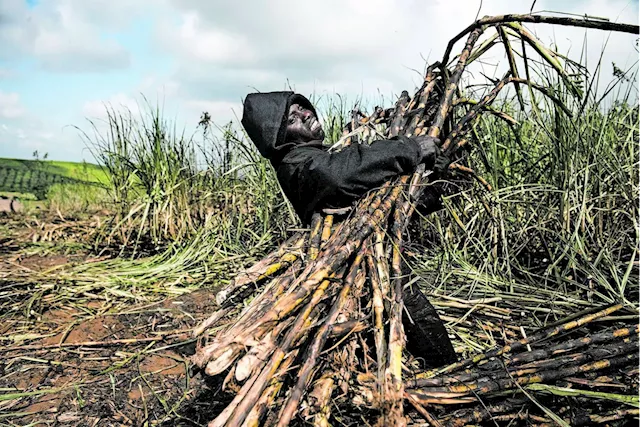The devastation has particularly affected sugar production facilities, especially after the conflict spread to the states of El Gezira, White Nile, and Sennar, where five of the six operational sugar factories were located at the onset of the war. Two of these factories have been directly hit and sustained losses due to the war, while the remaining four are struggling with numerous challenges that hinder their normal operation.
These sugar factories also produce other financially beneficial products such as methanol, alcohol for medical purposes, and animal feed. Additionally, the agricultural cycle, alongside sugarcane, incorporates various grains, vegetables, and poultry farming. This sector employs many seasonal workers for planting and harvesting sugarcane, as well as skilled and professional workers in industrial operations.
The West Sennar Sugar factory, located 300 kilometres south of Khartoum on the western bank of the Blue Nile and just west of the city of Sennar, was established in the 1970s during the May regime over an area of 35,000 acres to produce white sugar. These three factories are the largest and most modern, using relatively advanced equipment and machinery: Kenana Sugar factory, Assalaya Sugar factory, and White Nile Sugar factory. The battles are approaching these factories from three directions despite the RSF' ultimate goal being the city of Kosti, the headquarters of SAF' 18th Infantry Division.
Россия Последние новости, Россия Последние новости
Similar News:Вы также можете прочитать подобные новости, которые мы собрали из других источников новостей
 Not so sweet: Sugar industry stakeholders fight about fundingSmall-scale and black-owned sugarcane farmers along with land reform beneficiaries have received R238.9 million in funding for transformation, but transparency
Not so sweet: Sugar industry stakeholders fight about fundingSmall-scale and black-owned sugarcane farmers along with land reform beneficiaries have received R238.9 million in funding for transformation, but transparency
Прочитайте больше »